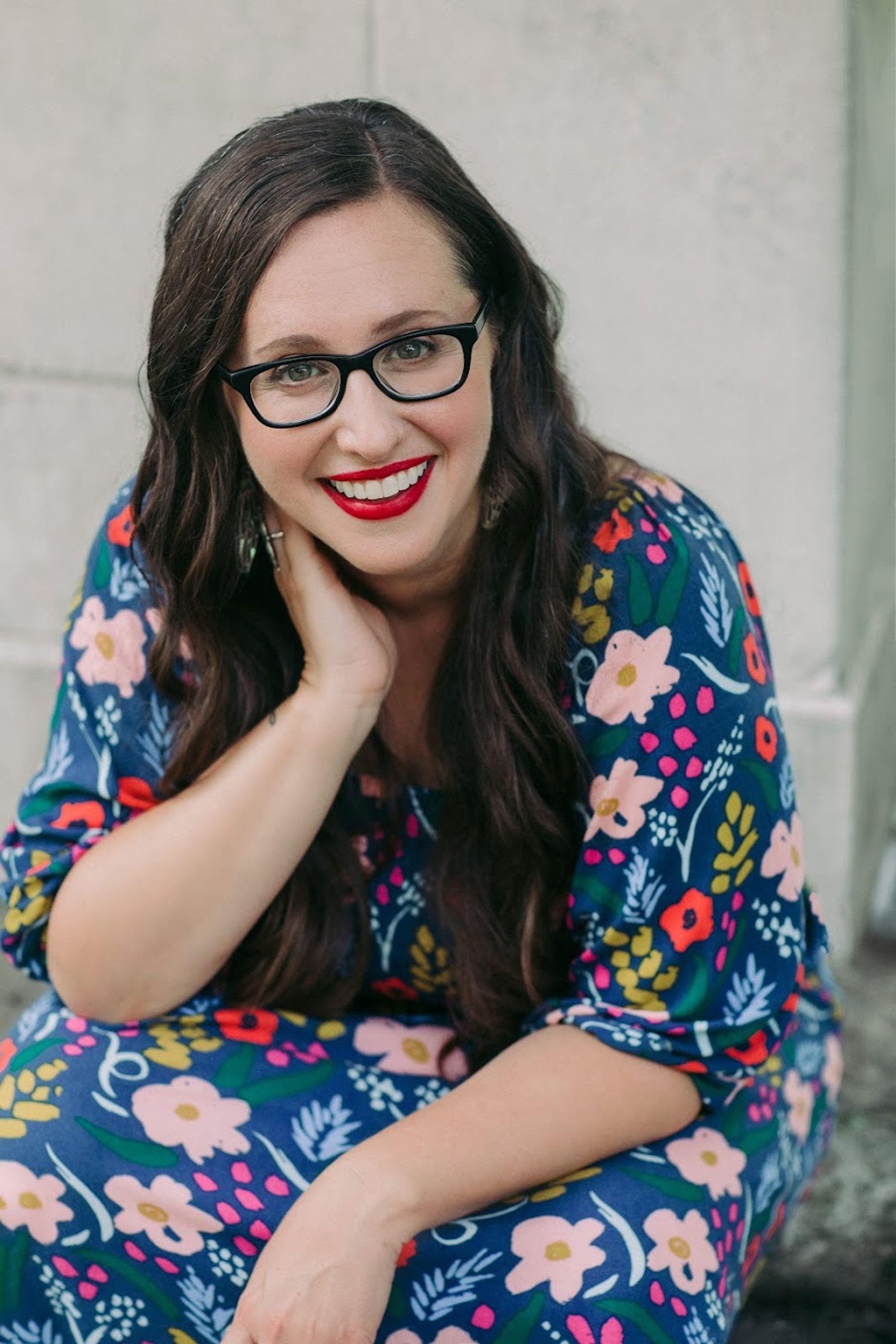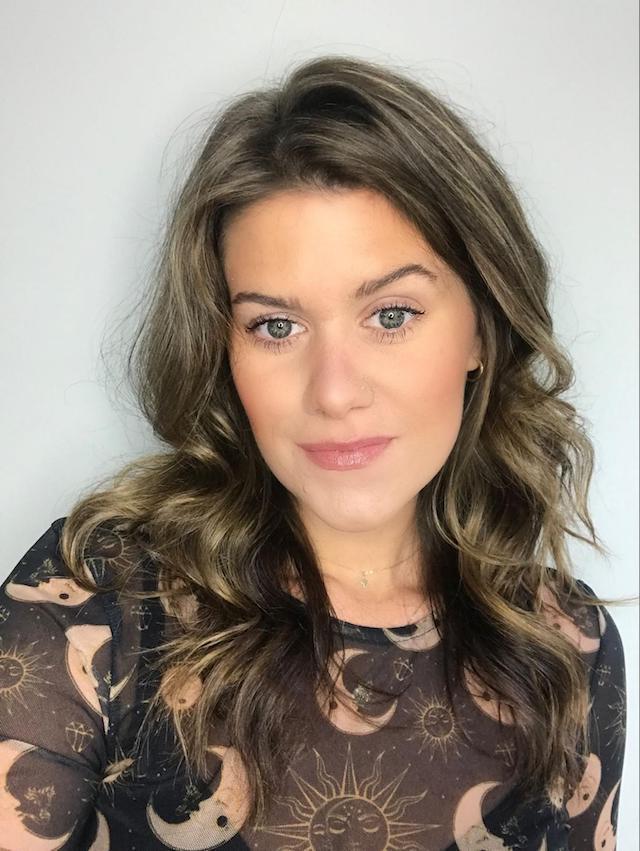“To think I might quit writing because an undergraduate skimming the slush pile at the Dingleberry Review didn't like my story? Look, I love all the Dingleberry Reviews out there, I honestly do, but they simply don't have that much power over my creative life.”
Do you remember your first rejection? How did you feel about it? Looking back, is there anything you learned from that experience?
I don't know if it was really my first rejection, since I started writing and submitting really young, when I was still in high school -- but I do distinctly remember not winning Sassy Magazine's Sassiest Girl in America contest which had some sort of writing component. I think that year, the winner of the contest was a teenaged Chloe Sevigny, so I mean... clearly I never stood a chance. I was both 100% unsurprised and at the same time certain they'd made a mistake, which is the feeling I have had about every rejection since.
What was the first piece you got published? How did you celebrate? Also, what does your process look like for researching where to submit your work? (do you browse or just submit to anyone with subs open regardless?)
I think it was around this same time when I had what I'm sure was a wretched poem published in a Chicago literary publication that as I recall looked like a newspaper, or maybe more like a coupon circular. I can't remember what the publication was called, and I'm pretty sure they published everything that was submitted. But I definitely experienced a sort of high seeing my name in print that I've never gotten over, so, eat it, Sevigny.
Later on, I had a tidy spreadsheet tracking literary publications I liked (pre-internet, I'd browse my local bookstores' magazine racks for inspiration) and their submission requirements and my own submission plans, and even kept a quaint little folder full of the rejections that came back in those tragic SASEs. Recently, I'm a total mess and am in need of a process, really. I should probably read your other interviews for ideas.
For a short piece like a story or a poem, how many places do you submit it to at a time? Do you keep track of your submissions? What does your editorial process look like before you hit submit?
I don't write that many short stories these days, so when I do it's generally a slow process, or more accurately a fast writing process followed by a slow revision process. I let it sit, I reread it to myself aloud, I have a trusted reader take a look, all the revision things. Each story I actually finish, I have a brief shining moment when I believe it is a perfect gem, i.e. New Yorker material, and I beg my long-suffering agent to submit to a couple of the big places. After she passes along all those rejections, I live and die by my Submittable Queue. I just looked at it for the first time in a while and you wanna hear my stats? 60 rejections; 5 acceptances; 5 "active" submissions (all the same short story -- it's good, anyone want it?).
My record is my short story "The Rut." It was written for an anthology that never happened, then was rejected from 14 places according to Submittable but probably more than that really. It's about an oversexed faun who lives amongst the humans of New York, I can't imagine why it was a tough sell for so many readers. Anyway, then it was chosen by Rachel Khong as a runner-up for the Joyland Open Border prize and eventually published in Joyland Magazine, and then I ended up editing fiction for Joyland as a result. So! There's a lesson there, probably.
What type of writer are you when it comes to submitting your work: Do you hold on to a piece for a long time and then have to give yourself a pep talk (if yes, please share) or do you subscribe to a more fuck it hit submit right away approach? If your piece gets rejected, are you one to power through and move on to the next publication or do you sit with it a little longer and try to figure out where you might’ve gone wrong?
With the work that I write and then submit, I wait until I think it's as good as I can get it, and then I send it out into the world, to as many places as I can stand. I've been at this for so long that I am really not precious about rejections. Something that helps is that I've been an editor at a literary magazine and on the jury for prizes, so I know firsthand how overtaxed those readers often are, how many extenuating factors are at play, and how completely true it is that no one should take any literary rejection personally. So no, I would never revise after a single rejection.
Pitching creative nonfiction and articles to paying publications is a totally different ballgame, and I approach those rejections with a different attitude, and am much more likely to revise based on one editor's notes. And books are a whole OTHER different ballgame. Luckily for me, that one is usually my agent's problem, and extra luckily for me, my agent is very patient and incredibly tenacious.
Is there a rejection letter that stands out in your mind? Something particularly harsh or intense? Or maybe even comical?
I've a couple times gotten rejections that are like "Chin up there, ducky! Don't quit writing on account of us!" Which strikes me as wild, frankly. To think I might quit writing because an undergraduate skimming the slush pile at the Dingleberry Review didn't like my story? Look, I love all the Dingleberry Reviews out there, I honestly do, but they simply don't have that much power over my creative life.
What publication or magazine would you love to see yourself in someday? Or, if you have already been published in your dream pub, tell us about the experience.
Oh, you know. I think every fiction writer dreams of a New Yorker pub. My creative nonfiction publication dream used to be the New York Times Modern Love column -- which I've been published in! Which I kind of can't believe sometimes! It's lovely and so surreal to have a publication that actually a lot of people read. I'm sure more people read my Modern Love than my novels, sigh. I got amazing feedback, and still do a year later, from strangers thanking me for sharing my story (it's about dating after divorce) and sharing their own, which is really the best. But like anything, there are two sides to the story. I've now been published in the Times thrice and I have to say there's always some weird unexpected blowback -- sometimes from strangers on the internet, sometimes from people in your own life. Something about that level of publication makes people lose their minds a little. So it's great and also it's not perfect. Like life!
Is being published all it’s cracked up to be? What is your advice for writers who are working on getting published?
Well! Yes. And no. It's very validating. It gives you a pat answer to jerks who say things like "Oh you're a writer? Where could I read your work?" Hearing from readers is the best, usually, unless it's the worst, but it's usually the best.
But also, it doesn't change your life. Even publishing a book usually doesn't change your life. Or it might change some things, but guess what, the next time you sit down to write, you still have to face the blank page.
To writers working on getting published, I'd remind you that the writing itself is actually the best part. I know, it's also the worst part, and I get that. And hey publication is a great way to close the loop on a piece of writing so that you can move on to the next one. But if you're writing because you have some abstract end goal in mind -- fame! fortune! fans! -- you're setting yourself up for disappointment, not to mention living in the wrong era, sorry to say. The writing itself has to be inherently satisfying to you.
Okay, you are really hungry and in front of a sub shop. What is your all time favorite sandwich order?
Ooh can it be a Subway? I'm a simple woman. I'd like a veggie delight with everything but onions, and those orange chips, please and thanks so much.


